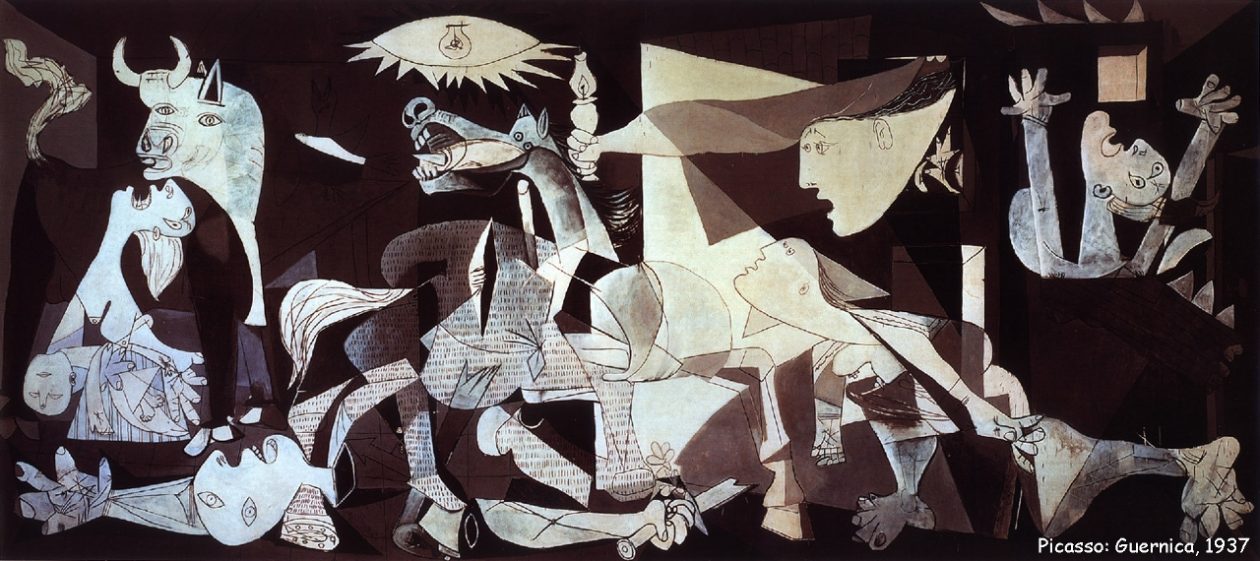Statement Raymond Becker
Commemoration in honour of the victims of the Hiroshima and Nagasaki nuclear attacks in 1945
Friddensplattform
Schëffleng 6.8.2022
Excellency Mr Ambassador of Japan,
Mr Mayor of the municipality of Schifflange,
Value Deputies,
Dear Vice-President of the association of Luxembourg cities and municipalities (SYVICOL),
Dear representatives of the Mayors for Peace municipalities,
Distinguished guests,
Two of the twentieth century’s most famous intellectuals, philosopher Bertrand Russell and physicist Albert Einstein, issued the so-called “Russel-Einstein manifesto” in London on July 9, 1955 to warn the world about the dire consequences of a nuclear war. They urged a peaceful resolution to international conflict, to avoid “universal death.”
A quote from this manifesto still has its current validity 68 years after its publication: “We appeal as human beings to human beings: Remember your humanity and forget the rest.”
For more than 75 years, humanity has lived in the shadow of the nuclear bomb. We have gotten used to this danger. We shouldn’t.
The risk of an atomic war has rarely been this high. Russia’s nuclear threats in Ukraine, China’s booming arsenal and the worrying modernisation of mass destruction weapons among all the 9 powers that possess them. 77 years after Hiroshima and Nagasaki, the atmosphere is explosive.
In view of numerous crises worldwide, UN Secretary-General António Guterres has warned of the increasing risk of nuclear annihilation.
The world is in a „time of nuclear danger not seen since the height of the Cold War“, Guterres said a few days ago at the start of the Nuclear Non-Proliferation Treaty Review Conference (NPT) in New York. „Humanity is in danger of forgetting the lessons forged in the terrible fires of Hiroshima and Nagasaki.“ The world is only a single misunderstanding or miscalculation away from nuclear annihilation, Guterres argued.
In his editorial for the French newspaper „Combat“ of August 8, 1945, on the atomic bombing of Hiroshima, Albert Camus, a French philosopher, and militant journalist, concludes with the following lines: „Faced with the terrifying prospects that are opening up for humanity, we realise even more clearly that peace is the only battle worth fighting. It is no longer a prayer, but an order that must go up from the people to the governments, the order to choose definitively between hell and reason.“
Camus formulated precisely at that time, what still applies today, we “have to choose definitively between hell and reason.”
Excellency, distinguished guests,
The international community has the possibility, and thereby the obligation, to get rid of these inhumane nuclear weapons. With the Treaty on the Prohibition of Nuclear Weapons (TPNW) and the Nuclear Non-Proliferation Treaty (NPT), there are two complementary frameworks for achieving veritable nuclear disarmament and thereby steps to a worldwide ban on nuclear weapons.
A few hours ago the International Campaign to Abolish Nuclear Weapons (ICAN) made a powerful statement to the 10th Review Conference of the Non-Proliferation Treaty (NPT) currently taking place at the United Nations. The statement was delivered by Yelyzaveta Khodorovska, a student and young nuclear weapons scholar from Ukraine:
“Humanity did not learn from the past and let a big war happen in Europe in 2022. Do we really want to repeat the use of nuclear weapons as well, this time risking to be wiped out from our planet? We must stop this, and for the sake of future generations, we cannot afford to wait. It can be done. It is not some dream. (…) I urge all NPT members to strengthen this synergy by signing and ratifying the TPNW.”
We expect the Luxembourg government to join the Treaty on the Prohibition of Nuclear Weapons (TPNW).
The current Review Conference must succeed in stopping the insane nuclear arms race and achieve disarmament. It must be possible to reach a No-First-Use doctrine at this conference. No First Use declares that no one will use nuclear weapons against other states unless one is attacked by a nuclear weapon.
A first important step in the nuclear disarmament negotiations.
Excellency, distinguished guests,
In times of pandemic, climate change, species extinction or loss of biodiversity, in times of worldwide war and since February war in Europe, we have to ask ourselves fundamental questions about our future. We have to ask ourselves how we imagine living together in times of increasing de-solidarization, growing aggressiveness and unrestrained populism. These are questions that need to be answered, we must find solutions to ensure our survival in the one world we have, in solidarity and empathy.
We need to reaffirm the pledge we made to the Hibakusha, the victims affected by the atomic bombings of Hiroshima and Nagasaki, two years ago at the commemoration ceremony in the municipality of Roeser:
“I remember the victims of the dawn of the nuclear weapons age in Hiroshima and Nagasaki, and I honour the survivors who seek the sunset of that age by pledging to join them in their fight to ban and eliminate nuclear weapons.”
Let’s remember the Hibakusha, let’s remember our humanity and forget the rest.
Photos : Left picture : Atomic bombing of Hiroshima while on August 6, 1945, taken by George Robert Caron / Right picture : Atomic bombing of Nagasaki on August 9, 1945, taken by Charles Levy.

